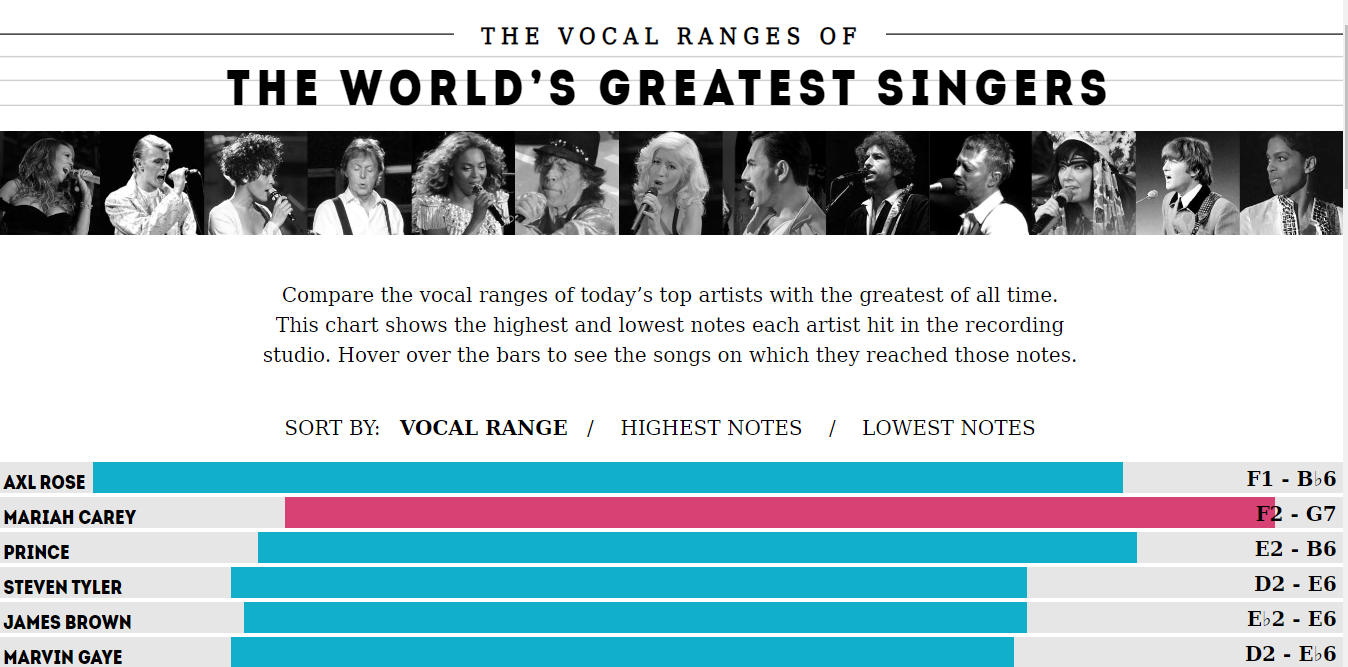Thank you to the many paid subscribers for supporting my work — I am grateful for the extra incentive to spend my time thinking and writing, and the flow boost! (If you’re not a paid subscriber and want full access to this post and others, you can sign up here.)
We need a reminder to protect ourselves from ourselves. To shield others from our biased thinking.
In the world of college admissions, imagine you're sifting through a pile of Harvard applications. You're supposed to be objective. But then you stumble upon an applicant who shares an obscure love for splatterpunk novels and Faith No More songs (check out the lead singer’s vocal range of 6 octaves!). Suddenly, you find yourself leaning towards this applicant, your judgment swayed by shared interests. Subthreshold grades or SAT scores? You might just overlook them, making you more accepting of their application.

Or you're watching your child's soccer game, cheering them on, when you find yourself yelling at the referee for an offsides call. But are you really calling it as you see it? Or is your judgment clouded by your preferences?
Tainted Thoughts
In 1940, a captivating experiment conducted by Solomon Asch unveiled the sway of peer consensus on our perceptions. Picture this: undergraduates were asked to rank various professions based on prestige, including the profession of "politician." The group informed that their peers previously ranked politicians highly, interpreted the term "politician" as referring to statesmen like Teddy Roosevelt or Churchill. The other group, told that their peers ranked politicians poorly, associated the term with corrupt bosses.
This experiment unveils the power another person has to alter our "object of judgment." Our attempts to form objective judgments - from interpreting the law to creating organizational rules - often falter due to the subjective interpretations of biased individuals. We are both puppeteers and the puppets. Our judgments, and our actions, are manipulated by nearly invisible strings of social influence.
Intervention: Be Intentional With The Sequence of Information
The sequence that we encounter information can significantly influence our interpretation of events. For instance, hearing about Joe's charitable work before his messy divorce makes us like him and sympathize with his personal problems. However, if we hear about the divorce first, we might view him as a manipulative jerk trying to improve his image. This suggests that initial information doesn't just receive more attention or weight, but changes the meaning of subsequent information.
We are constantly making meaning of the world. Protect yourself from subtle perversions. Know how media article titles impact you. Know how the promotion of scientific findings impairs your ability to interpret them.
Intervention: Be Intentional With The Information Source
Just like the sequence, the source of a message can change its meaning. For example, the statement "a little rebellion, now and then, is a good thing" is more widely endorsed when attributed to Jefferson than to Lenin. This is because it conjures up different images depending on the source, thus changing its meaning. For more on how the source of persuasion influences what we think and our confidence in these newly derived thoughts, read the brilliant work of Richard Petty and his colleagues (go read #269).
Cutting Invisible Strings
Next time you find yourself swayed by the crowd, or forming judgments based on the sequence or source of information, remember that you can cut through these invisible strings of influence - and make decisions that reflect independent thought. Teach others to do the same - especially the young, easily misinformed among us.
It does not matter if you want to play the game or not, you are in it. You don't have to take a sword with you but for heavens sake at lest wear some armor.
– Robert Greene, The 48 Laws of Power
Provocations to Debias Thinking
The Teacher's Tale: Picture yourself back in college. How did you perceive the profession of a second-grade teacher? Now, imagine if your favorite mentors and peers held it in high regard, discussing it as a profound and prestigious role. Or what if they dismissed it as an easy opportunity? Be cautious of the power you wield over opinions about social roles such as attending college, being a park ranger, or choosing to not have children.
Provoked is free today. But if you enjoyed this post, please consider subscribing.
If you are a free subscriber, upgrade for the full experience.
Here are five additional provocations to stimulate your thinking or bail you out of a heinous conversation…




